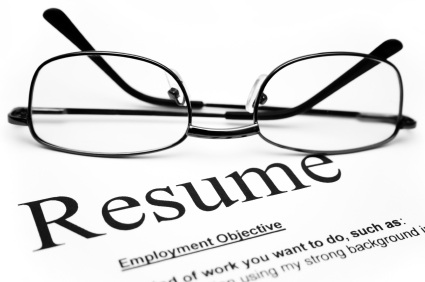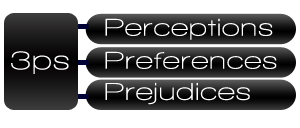Tune Up Your Cold Calling and Phone Etiquette
As a sales professional, you know that finding prospects and developing your leads is crucial. You are probably doing in-person cold calls and continuously honing your skills to increase your effectiveness. You also know survival would be difficult without the tool we call the telephone, as much of your prospecting is done on the phone.
It cannot hurt to discuss some basic cold calling etiquette for in person as well as phone solicitation. Many of you veteran’s know this and practice it, yet a review for others can’t hurt.
In-Person Solicitation/Cold Call
As a sales professional I cold-called and that probably lead to me being a manager who also accepted cold call solicitations. I will admit to giving almost all sales professionals a chance to make their pitch. As I moved higher in the organization the sales pros were not always as lucky when they got my executive assistant as her patience with sales “nubees” as well as long-termers was short. When they did get past her and to me, it was because she gave them her consent.
We had reps approach us who were unkempt, unprepared, and unprofessional. Did I waste time by talking to them? The answer is yes, and sometimes it was painful. I also had a chance to witness some good sales practices from true professionals who knew the importance of their appearance as well as how to deliver their message quickly and effectively.
The short list that follows is more from a person who was solicited than one who was responsible for the employment of sales professionals. It is a different view, and I think valuable for those with just the sales perspective.
I will throw out a few simple etiquette points for the in-person cold call that you should always consider:
- Be prepared – Always know what you want to say. Respect the prospect’s time.
- Know your prospect’s name – Know the correct pronunciation and by the end of the call, the correct spelling. When someone cannot get your name right it makes you wonder.
- Check your appearance – You only get one chance for a first impression. Have a mirror in the car or your brief case, and use it.
- Be fresh – It goes without saying that gum or mints always help. Remember, as the day goes on, you need to make sure that you are on top of your game. Of course chew the gum before the call, not during the call.
- Remember the end game – You want some information as well as an appointment. A short informative call is what a buyer wants, while you want information.
It is also important to remember these important tips as they can get on the nerves of any potential customer:
- Your prospect’s washroom is not for you. When cold calling/prospecting, get your relief the same place that you get your coffee.
- Do not smoke on your customer’s premises, not even in the parking lot in your car. This is not the place to satisfy your habits.
- Turn off your cell phone while you are there. This is personal interface etiquette which you must practice.
The Phone – The ultimate sales tool
The phone is an enabler, and even more important is the fact that it is totally acceptable to use it as a prospecting tool. When I began selling many years ago, the phone was just barely acceptable for cold calling. Most prospecting was done in-person, and it was very time consuming. In the early ‘80s, it became acceptable to solicit and that was a renaissance as it not only saved time but allowed some “racial anonymity” to start the process.
There is established etiquette for using the phone as a prospecting tool. The best sales professionals observe the etiquette and maintain their professional standing.
Here are a few of the more important items:
Phone solicitation:
- Be conscious of the prospect’s time – short and to the point.
- Have your phone voice ready – be warmed up. Know one wants to hear you clearing your throat at 9:00 in the morning.
- Have a brief but inclusive statement (sales pitch) to start your call
- Avoid the ‘tricks’ such as telling assistants that you are an acquaintance if you are not. You will lose in the end.
- Avoid the speakerphone for cold calling – use a headset if you need both hands for notes and otherwise.
- Don’t shuffle papers, tap pencils, or create unnecessary background noise.
Voice mail Etiquette:
- Short messages only – keep it to 35-45 seconds max.
- Talk slowly and clearly and spell words such as names or product names if necessary.
- Leave your number at the beginning of the message and at the end of your message – no exec will go back to the beginning to get the number if they are interested.
- Again, no background noise – no Judge Judy or soap operas in the background!
- Clear concise message – plan it well and deliver.
The phone is an equalizer if used correctly as it reduces the opportunity for fair and equitable treatment for this first ‘touch’. There is more to it than picking it up and dialing; there is planning and practice to do. You can work magic with a solid script and practice.
If you have read Black Sales Journal before, you probably know how I feel about practice/role playing. You should work at it until your comfort level is obvious.
Try it and you will realize that you will learn from each call.
Your comments are welcome.
 November 28, 2011
|
Posted by Admin9!
November 28, 2011
|
Posted by Admin9!

 Categories:
Categories:  Tags:
Tags: 

Your Comments